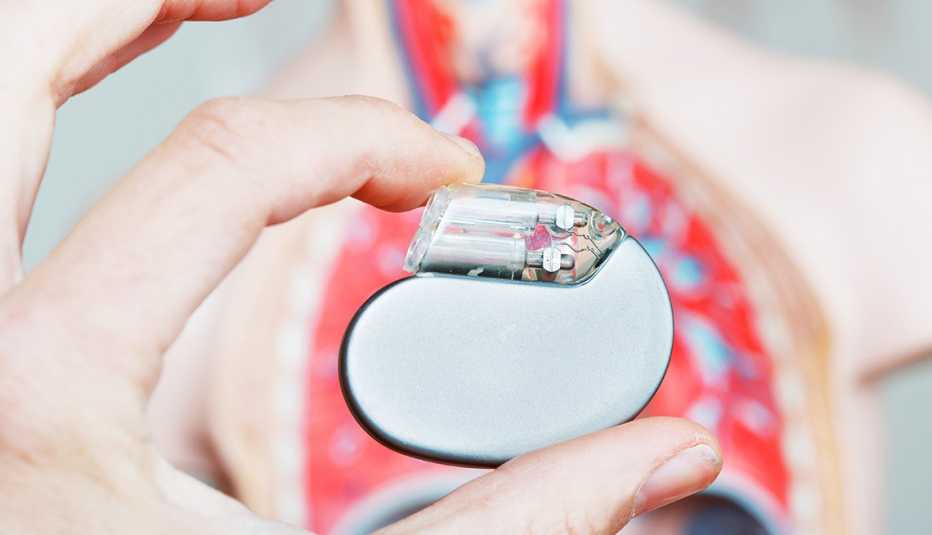Staying Fit


Thousands of pacemakers sold by Abbott over nearly four years were recalled because of the risk of electrical shorts that can result from moisture getting inside the devices, according to an announcement from the Food and Drug Administration (FDA).
The 61,973 Scalable Bradycardia Platform (SBP) pacemakers were sold under the Assurity and Endurity model names between April 29, 2015, and Feb. 20, 2019. The implantable pacemakers detect when the heart is beating too slowly and send a signal to the heart to make it beat at the correct pace. The pacemaker manufacturer was formerly known as St. Jude Medical before merging with Abbott in January 2017.


AARP Membership— $12 for your first year when you sign up for Automatic Renewal
Get instant access to members-only products and hundreds of discounts, a free second membership, and a subscription to AARP the Magazine.
The electrical shorts that triggered the recall may cause the devices to stop pacing the heart, report inaccurate information to doctors or drain the battery faster than expected. The shorts could also lessen the time between the pacemaker's initial elective replacement indicator (ERI) warning and the subsequent end-of-service (EOS) warning. These indicators alert doctors when a pacemaker needs to be replaced.
Save 25% when you join AARP and enroll in Automatic Renewal for first year. Get instant access to discounts, programs, services, and the information you need to benefit every area of your life.
The FDA, which has received 135 reports of injuries, identified the recall as a Class I, its most serious type, because of the risk of serious injury or death. If the device is unable to effectively pace the heart, the wearer may experience slow or irregular heartbeat, fainting, shortness of breath, tiredness, dizziness or discomfort. Shorter battery life can result in the user's needing to replace the pacemaker sooner than expected. What's more, needed treatment may not be provided if the device does not relay accurate information. Pacemakers record and transmit readings wirelessly to doctors in a process known as telemetry.
Abbott blamed the defect that allowed moisture to get inside some devices on incomplete mixing of an epoxy during manufacturing. None of the affected devices is still available to be implanted.

































































More on Health
Easy, Enjoyable Ways to Boost Heart Health and Lower Blood Pressure
How just stretching, taking baths or enjoying your coffee could lower your risk of heart attack and strokeNew Research on Women and Heart Disease
The latest on why their heart attacks go undetectedWhen You Really Need a Stent (or Don't)
A stent can save your life during a heart attack. But new research reveals whether it can prevent one